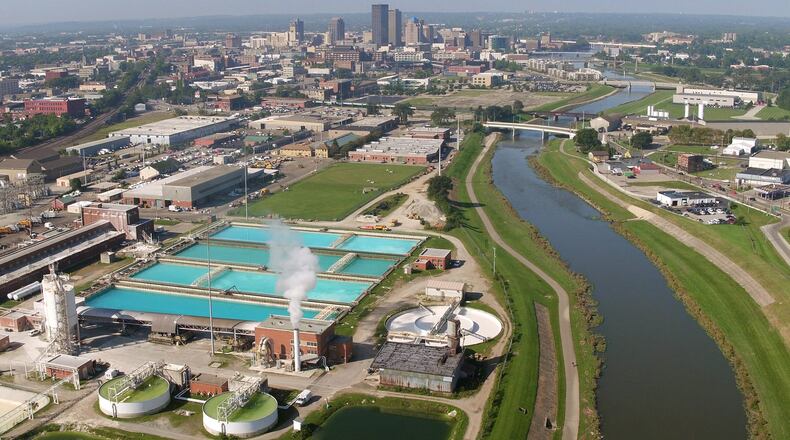LimnoTech, a Michigan-based environmental engineering consulting firm, was hired to conduct the water quality and infrastructure review. The contract was being finalized when the project was put on hold because of the coronavirus.
The research will help area leaders understand what they are doing well in terms of Dayton’s water system, areas of improvement and how they should address those areas, Turner said in March when announcing that LimnoTech had been hired.
“We understand that (water) is one of the most important resources for the community, not just for the health and welfare of the community, but also an economic resource,” said he said in March. “We want to ensure that we have the appropriate investment and infrastructure, and that we’re delivering quality water to the community.”
The Miami Conservancy District, which is represented on the water quality committee, will work closely with LimnoTech to manage the project.
At the conclusion of the study, the water quality committee will hand the final report off to local leaders and the community.
LimnoTech will be paid nearly $90,000, and committee members put up all of the money for the project, Raga said.
Turner formed the panel in 2019, after two local water emergencies — a 36-inch water main broke in the middle of the Great Miami River near the Keowee Street Bridge in February, and the Memorial Day tornadoes. Each time, numerous residents were left without clean drinking water for days.
In addition, manmade contaminants known as “forever chemicals” or PFAS — per- and polyfluoroalkyl substances — have been detected in the the drinking water in Dayton and Wright-Patterson Air Force Base.
PFAS include various types of substances known as PFOA, PFOS and GenX. Studies suggest that exposure to the chemicals might affect pregnancy, increase cholesterol levels and cause some forms of cancer, according to the Centers for Disease Control and Prevention.
About the Author

